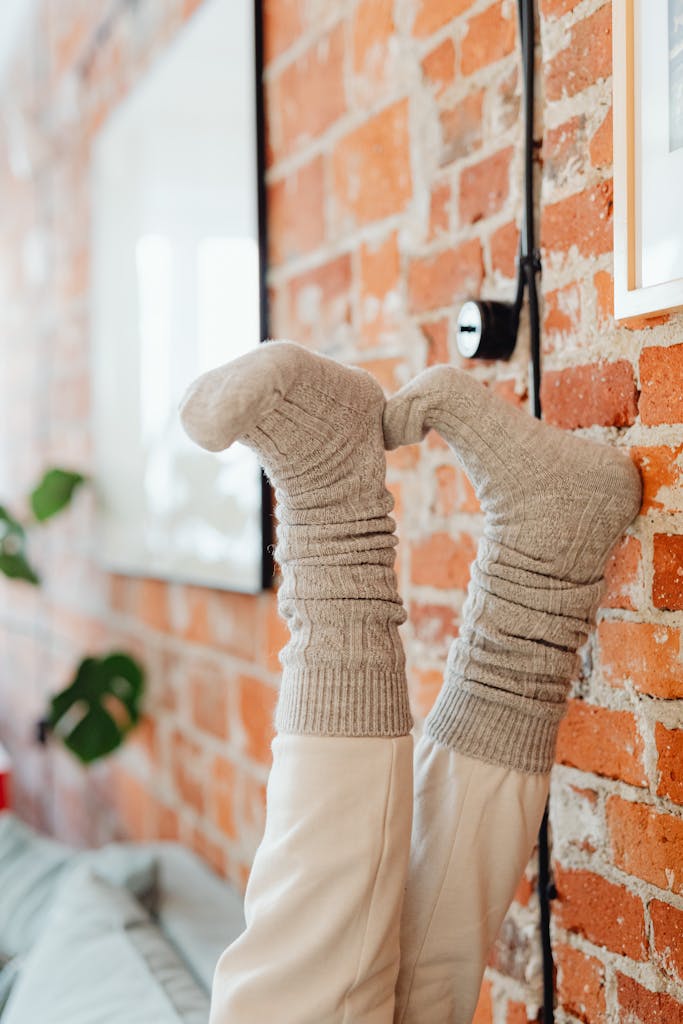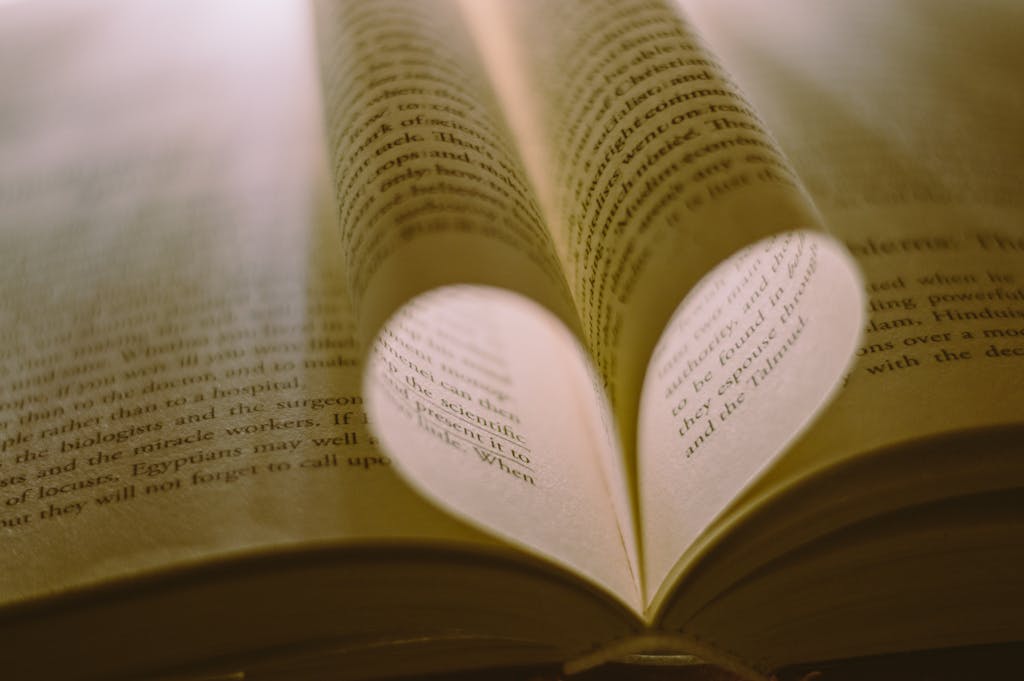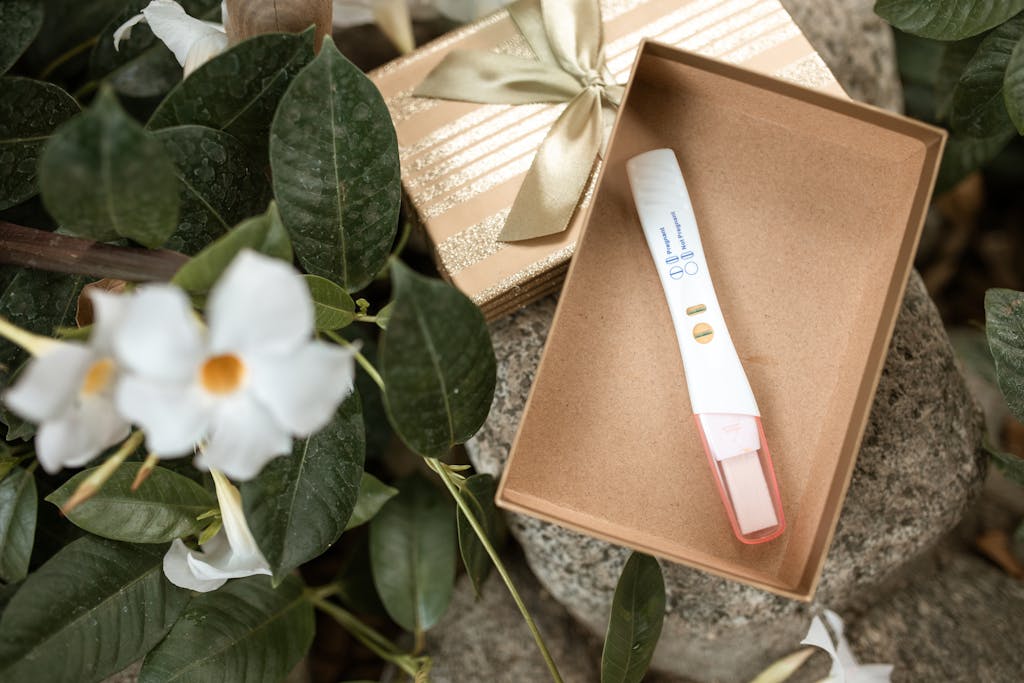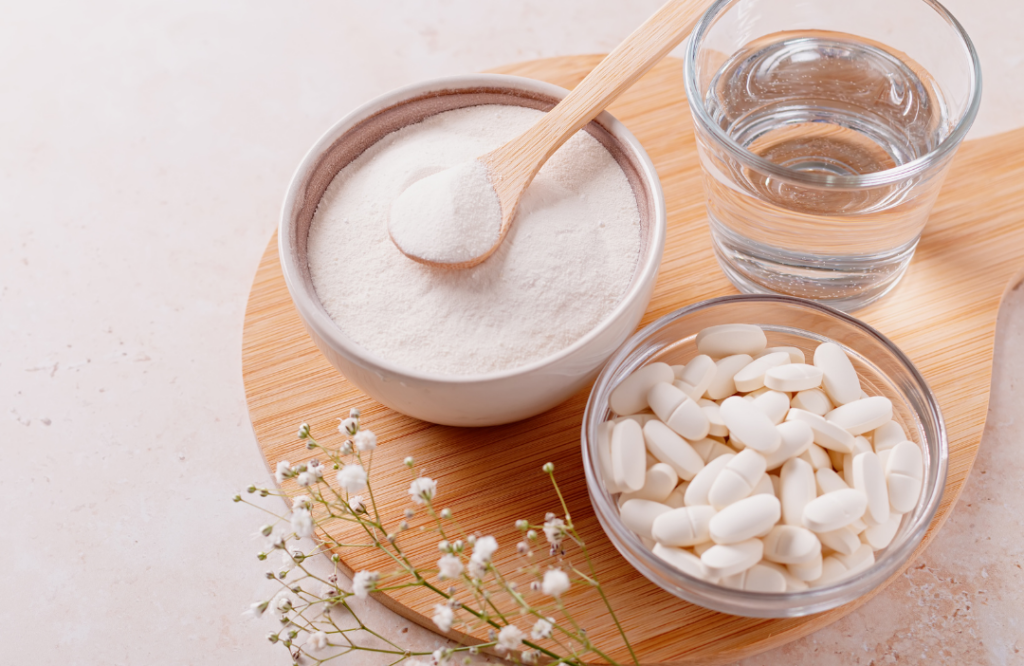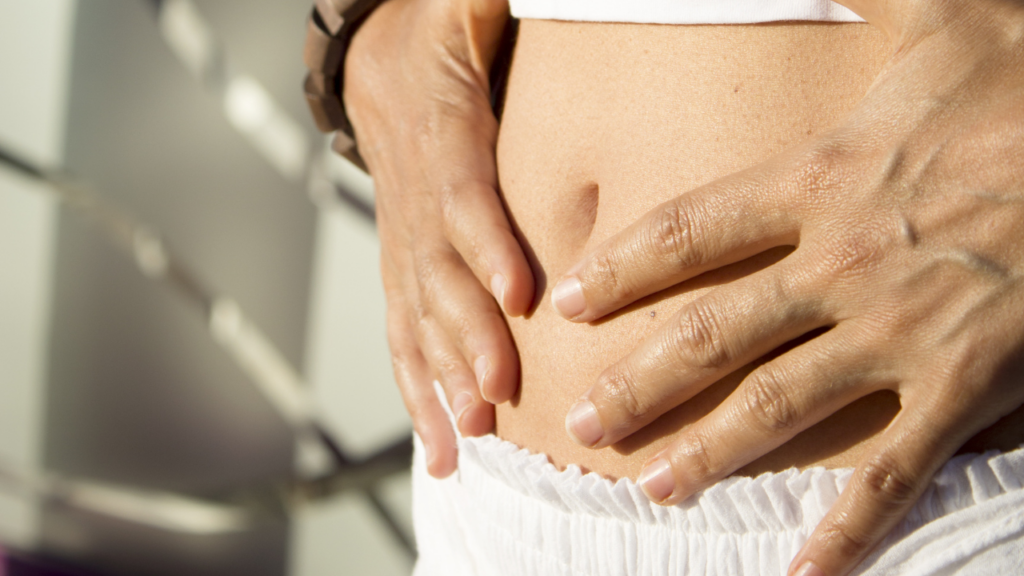Physical Symptoms of Anxiety
Published on October 24, 2018 by Dr. Caitlin Gordon
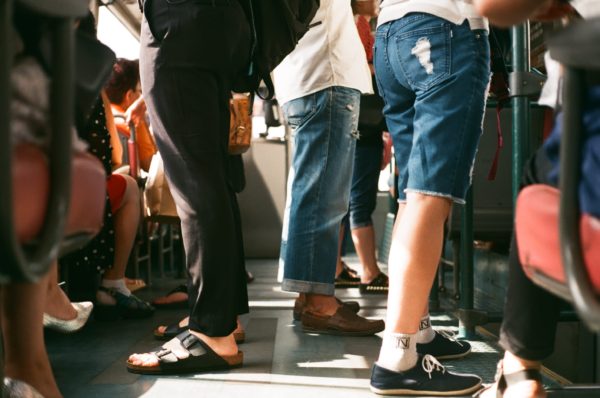 Anxiety can manifest as a number of physical symptoms. It is helpful to be able to identify the physical symptoms of anxiety so that you can interrupt the stress response quickly. It is also possible for certain physical conditions to cause anxiety. For example, gut infections and inflammation in the GI tract are notorious for causing changes in mood. Heart conditions, imbalanced blood sugar, and nutritional deficiencies can all cause anxiety as well.
Anxiety can manifest as a number of physical symptoms. It is helpful to be able to identify the physical symptoms of anxiety so that you can interrupt the stress response quickly. It is also possible for certain physical conditions to cause anxiety. For example, gut infections and inflammation in the GI tract are notorious for causing changes in mood. Heart conditions, imbalanced blood sugar, and nutritional deficiencies can all cause anxiety as well.
I encourage you to work with a functional medicine practitioner or eastern medicine doctor to help determine if your anxiety is the cause or effect of your physical symptoms.
Possible physical symptoms of anxiety:
- Dizziness
- Headaches
- Muscle or joint pain, especially back and neck pain
- Teeth grinding or clenching/TMJ
- Nausea
- IBS
- Indigestion; feels like food won’t digest
- Acne
- Heart palpitations/racing heart
- Picking at cuticles
- Pulling out hair: head hair, eyelashes, etc
- Shortness of breath or chest pain
- Insomnia
- Restlessness
- Fatigue
- Brain fog, trouble focusing, ADHD symptoms
Anxiety is one way that our body communicates to us that we need to make a change. Anxiety is often one of the first symptoms to arise when something is off. Looking deeper into where the anxiety is coming from and what action we can take to ease it is essential to preventing future health problems. Long-term unaddressed anxiety will result in chronic health conditions. Furthermore, living a lifestyle that perpetuates anxiety will shorten our lifespan and harm our quality of life.
What to do about the physical symptoms of anxiety
Anxiety stemming from emotional triggers, overthinking, rumination, or living in the future can be addressed by moving energy physically.
When anxiety arises, noticing where we feel it in our bodies helps to process the emotion so that it doesn’t become stuck. We often aren’t aware of our anxiety until it feels very intense. Picking up on it sooner helps to interrupt the stress-response sooner, which is good for our health.
The awareness of the physical sensations that come with anxiety is the key to avoiding repression. Repression of anxiety is what will cause long-term negative consequences for our health. When we tune into the physical cues, we have the opportunity to take action: breathing, taking a walk, meditating, calling a friend, getting some acupuncture, etc.
Curious which foods help with anxiety? Download the free PDF of the Top 8 anxiety-reducing foods here
Both acupuncture and functional medicine are effective tools for calming the physical symptoms of anxiety. To learn more about subtle signs of anxiety and what you can do to eliminate them, check out this article.
The contents of this site, including text, graphics, images, and other material are for informational purposes only. Nothing contained in this site is or should be considered or used as a substitute for professional medical or mental health advice, diagnosis, or treatment. Please schedule an appointment for personalized health advice.

